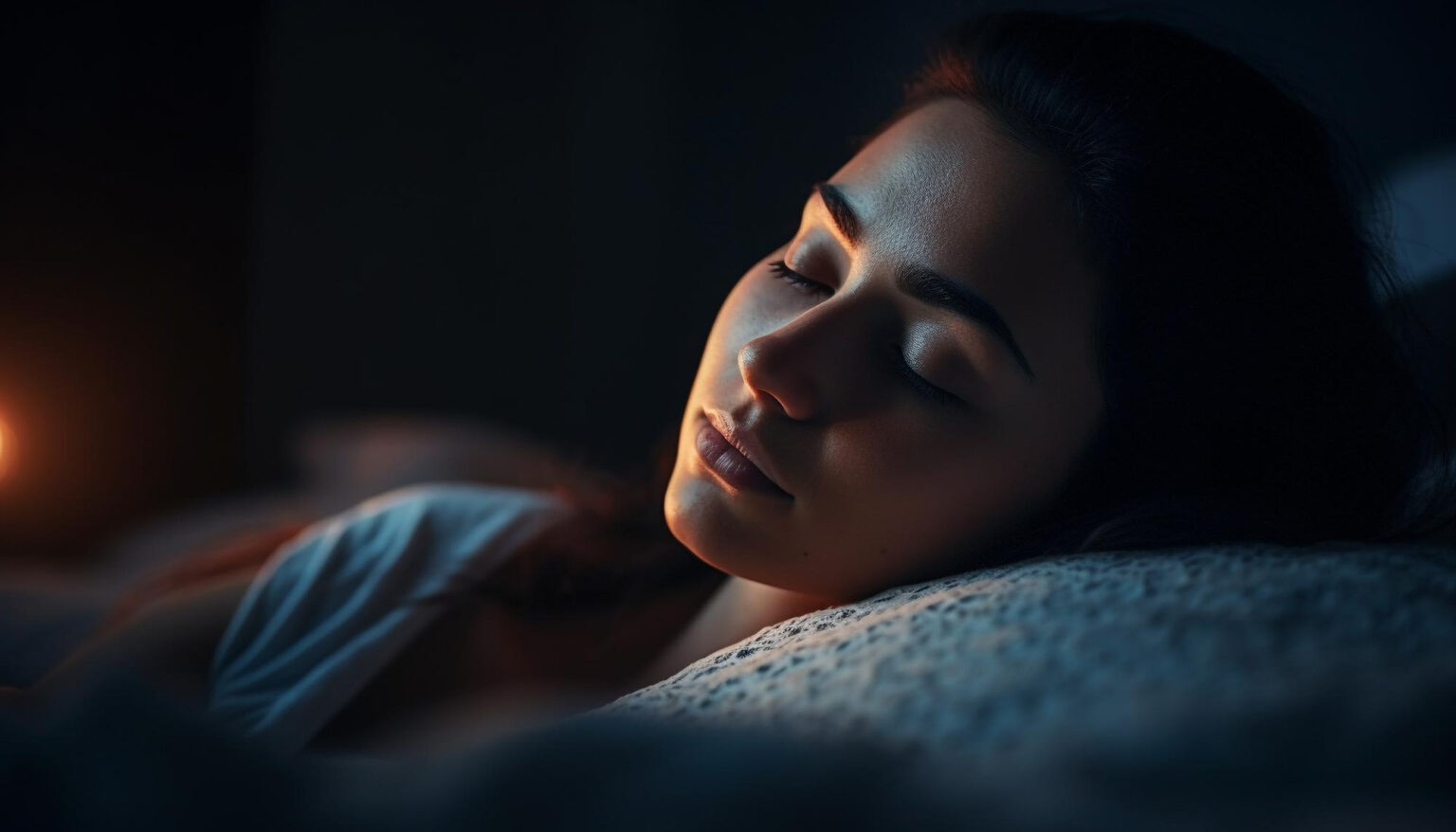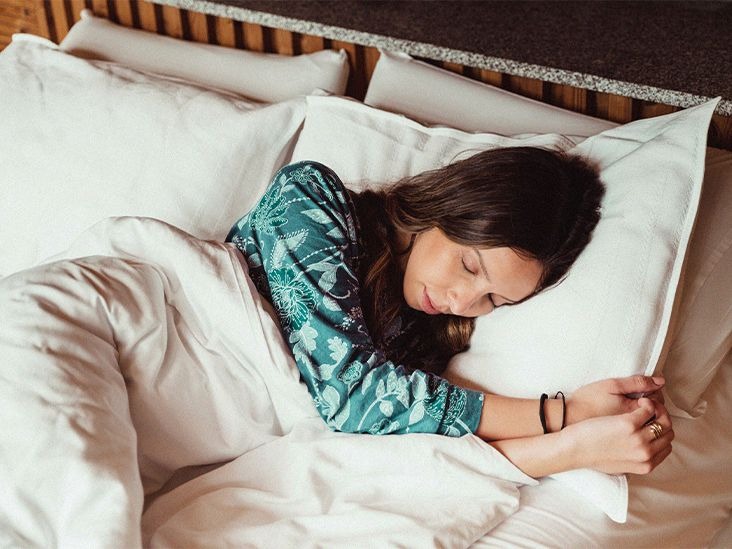How does the pelvic floor influence your pre-bedtime and sleeping habits? Not by much, but I am confident I will find the connection.
As a pelvic floor physical therapist, I teach that waking up in the middle of the night to urinate is not a good sign.
When a patient admits to waking up once, twice, or three times a night to use the restroom, I educate them on bladder irritants, the necessity of being hydrated before bed, and how to “retrain” their bladder with behaviors.
All of these things are important to remember, but there’s another reason we shouldn’t wake up in the middle of the night to use the restroom: it means we’re not entering the critical REM (rapid eye movement) period!
During REM, our bodies undergo a variety of fascinating processes. It’s an important sleep stage that influences mood, memory, and learning.

Antidiuretic hormone (ADH) is also released during this time. ADH’s major job is to reduce the amount of water excreted through urine, so preserving your body’s fluid capacity.
When fluid needs to be preserved rather than lost, we produce more ADH and urinate less frequently. When we are properly hydrated, ADH secretion decreases, and we urinate at regular intervals (every two to three hours, with a strong flow lasting eight to twelve seconds).
ADH not only helps us stay hydrated, but it also affects how well we sleep!
A well-hydrated adult should need to use the restroom every two to three hours. So, how do we expect to sleep for more than eight hours without having to urinate?
ADH REM sleep increases the production of ADH, which reduces the amount of urine generated. This results in less frequent urine, and presto!
We can now sleep without urinating!
The conclusion is that if you have difficulty entering your REM sleep cycle, you will not secrete as much ADH, your urine output will continue at the “daytime” rate, and you will eventually need to urinate at night.
The remedy is to create good sleeping habits, which will allow you to enter your REM period, make more ADH, and avoid needing to get up in the middle of the night to use the restroom. If you drink 32 ounces of water an hour before bed, you may find yourself needing to get up to urinate.
Alcohol also suppresses the release of ADH, which causes the body to produce more urine and dehydrate itself.
As a result, drinking a glass of wine before bedtime may cause you to urinate during the night.
Suggestions for Good Sleep Habits:

1. Establish a routine for sleep by going to bed around the same time every night.
2. Establish nightly habits such as meditation, bathing, or listening to music. These should be relaxing activities that assist you in communicating to your body that it’s time to sleep.
3. Exercise regularly for at least two hours before going to bed.
4. Reduce your intake of nicotine and caffeine, both of which are stimulants that might interfere with your sleep. Try to limit your caffeine intake after 12 p.m. Initially, nicotine withdrawal will make falling asleep difficult. However, after the withdrawal stage is over, research indicates that you should be able to sleep better.
5. Eat nothing right before going to bed. Aim for at least two hours of dinner before bedtime. However, studies have indicated that a modest food before bedtime improves sleep quality.
6. Avoid alcohol: while it acts as a sedative and helps you fall asleep at first, it disrupts your sleep, causing you to wake up more frequently and maybe having more nightmares.
7. To make it easier to fall asleep, take short naps during the day to accumulate “sleep debt.”
8. Put a stop to screen time. Using screens—television, phones, tablets, and laptops—two hours before bedtime can disrupt our biological clock. Our brains are “confused” by the light emission, so we feel it is daytime.
9. Make sure your bedroom is warm, serene, and cool!



